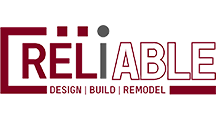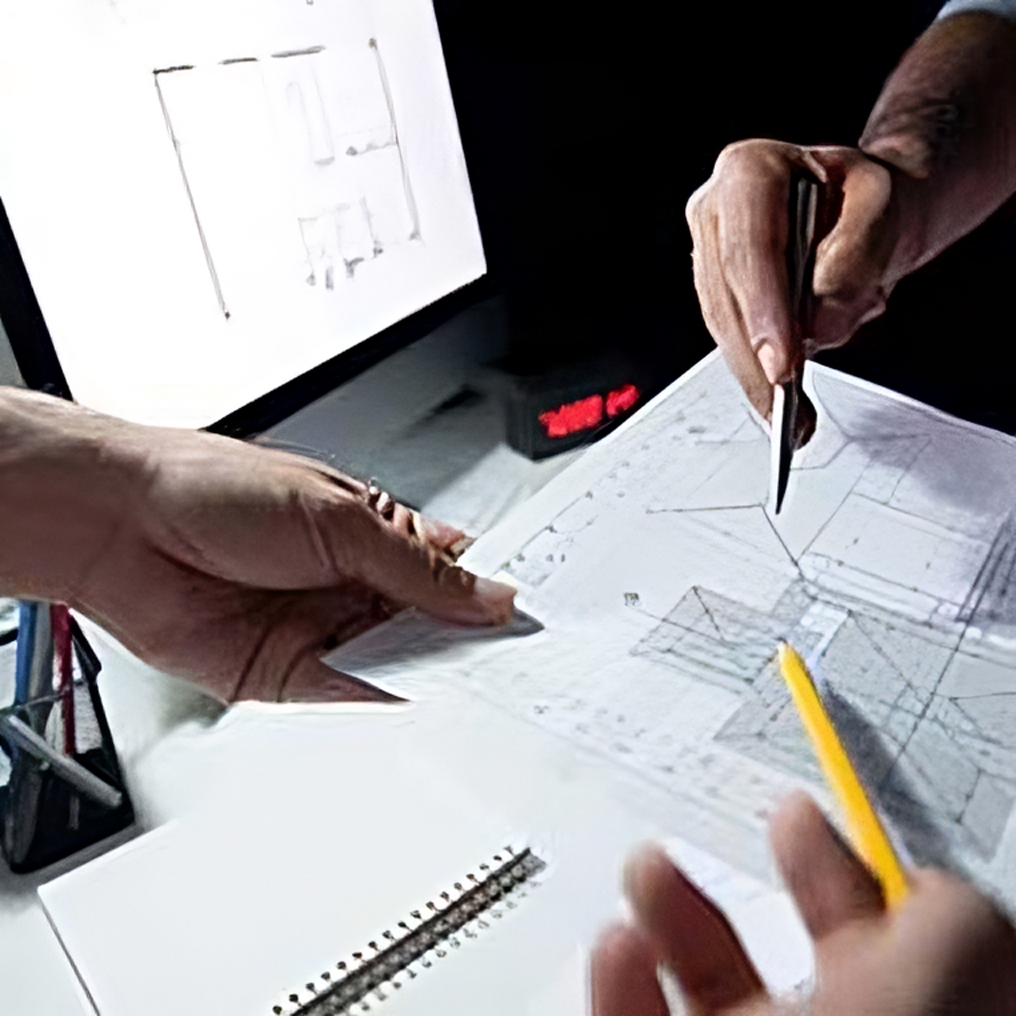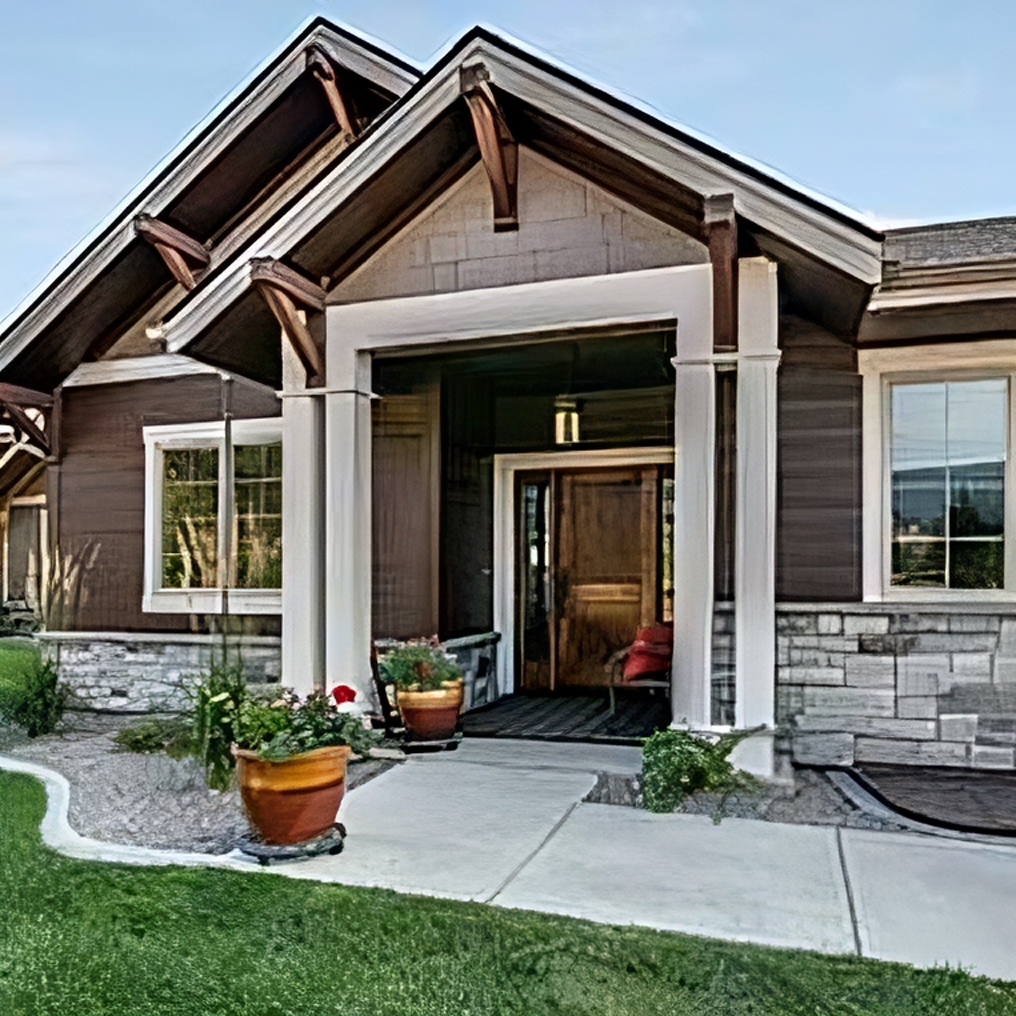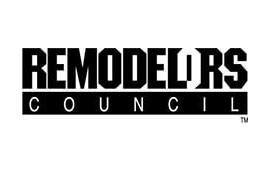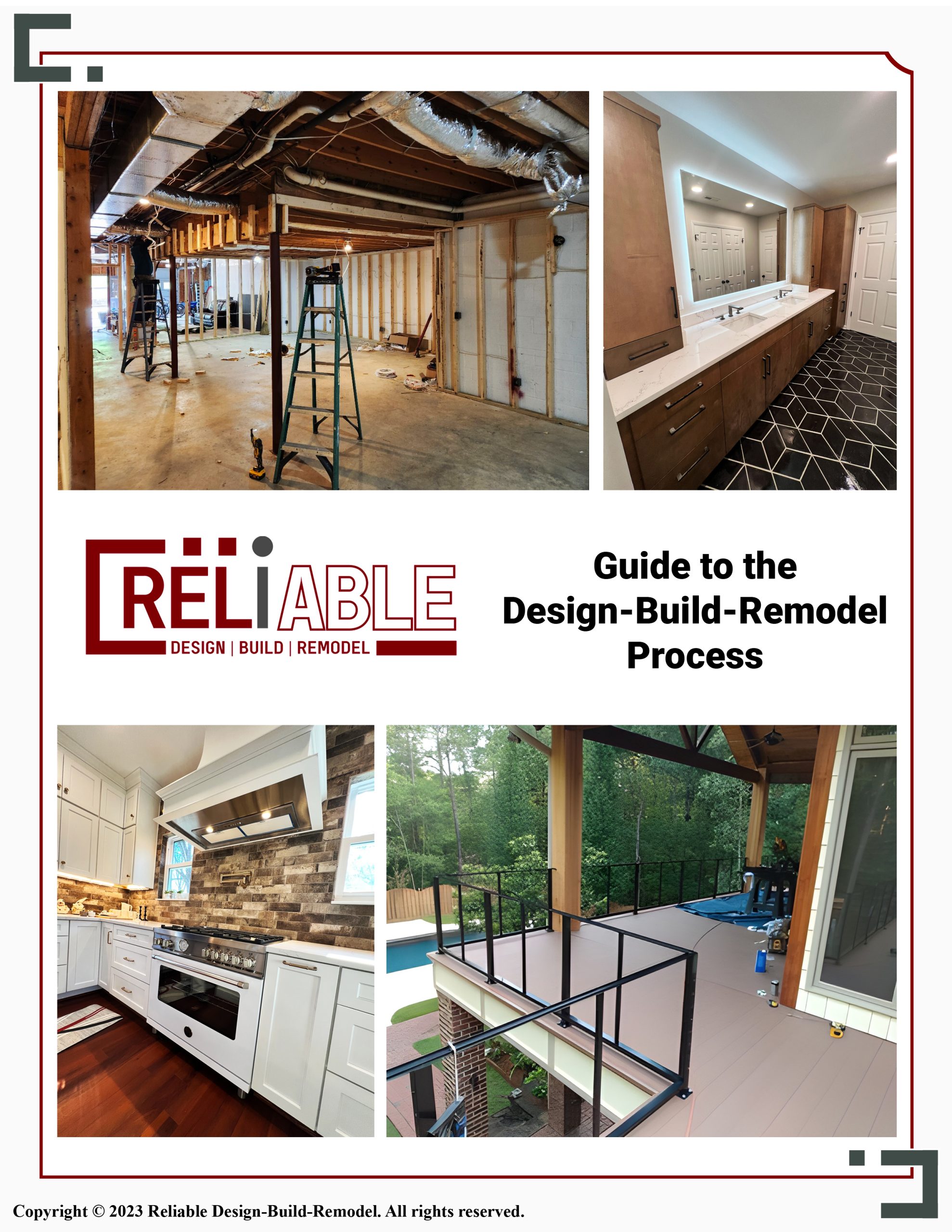At Reliable Design-Build-Remodel, we’ve had the privilege of helping homeowners across Birmingham, AL transform their houses into dream homes. Whether you’re updating a kitchen, reimagining your living space, or giving your entire home a fresh new look, residential renovations are an exciting—and sometimes daunting—undertaking. In this post, we’ll answer some of the most common questions we hear from homeowners considering renovations. Our goal is to empower you with the knowledge to make informed decisions on residential renovations that fit your vision and your budget.

What is the 30% Rule for Renovations?
The 30% rule is a commonly cited guideline in the world of residential renovations. It suggests that you shouldn’t spend more than 30% of your home’s current market value on renovations. This rule helps homeowners keep their investment aligned with potential resale value, ensuring they don’t over-improve relative to the neighborhood or market conditions.
For example, if your home is valued at $300,000, you’d want to keep your renovation budget under $90,000. This rule isn’t a hard-and-fast law but rather a helpful benchmark. At Reliable Design-Build-Remodel, we often use it as a starting point for budgeting discussions. The actual amount you should invest depends on your goals—are you updating for resale, or do you plan to stay in your home for decades? Knowing your “why” will help determine how flexible that 30% rule should be.
Is $50,000 Enough to Renovate a House?
This is one of the most frequently asked questions we receive—and the answer depends on the size of your home, the scope of the renovation, and your priorities. A $50,000 budget can go a long way if you’re focusing on targeted upgrades or cosmetic improvements. For example, you could update a kitchen with new cabinets, countertops, and appliances or renovate a couple of bathrooms with mid-range finishes.
However, if you’re planning a full-home renovation or need to address structural issues, plumbing, or electrical work, $50,000 might not cover everything. In Birmingham, labor and materials costs can vary, so it’s essential to get a detailed estimate tailored to your home. At Reliable Design-Build-Remodel, we specialize in helping homeowners prioritize their renovation wish list to get the most impact from their budget. Strategic planning and value engineering are key to staying within budget while still achieving beautiful results.
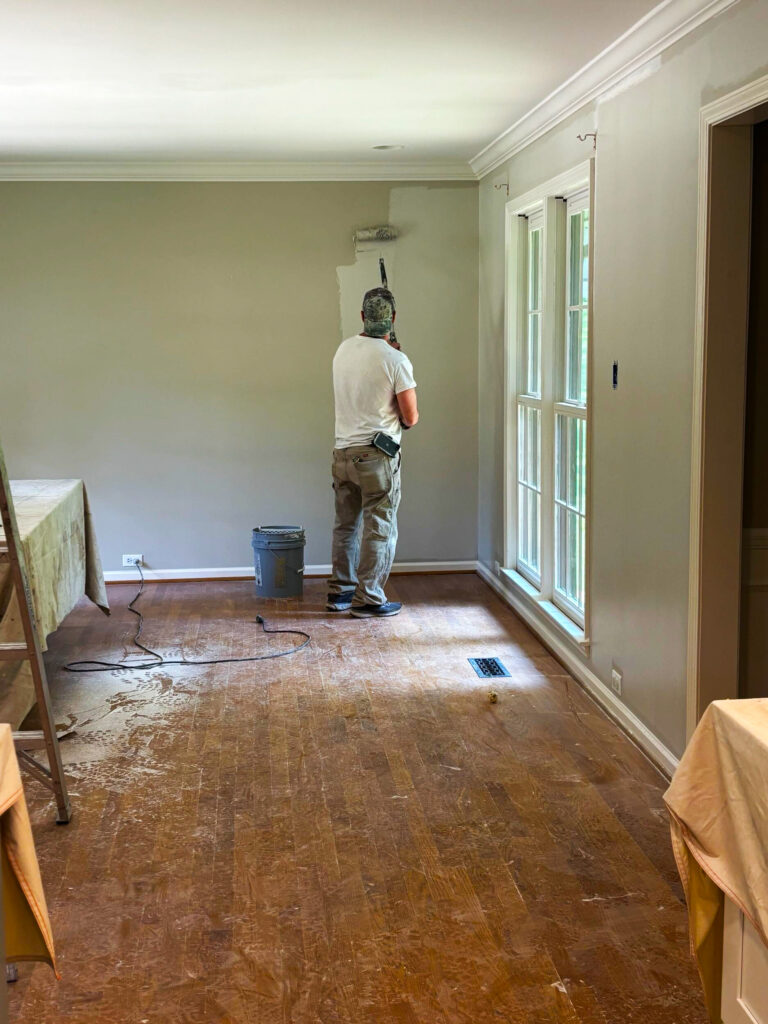
What is the Difference Between Remodeling and Renovating a House?
Although often used interchangeably, “remodeling” and “renovating” have distinct meanings in the construction industry. Renovating typically refers to restoring or updating existing elements of a home—think repainting walls, refinishing floors, or replacing fixtures. The structure of the space remains largely the same.
Remodeling, on the other hand, involves altering the structure or layout of a space. This could mean removing walls to create an open-concept living area, converting a garage into a home office, or adding a bathroom where there wasn’t one before. Remodeling projects tend to be more complex and costly due to changes in plumbing, electrical systems, and building permits.
At Reliable Design-Build-Remodel, we do both—and we’ll guide you through the differences so you understand the implications for cost, timeline, and functionality. Knowing the distinction helps ensure your project goals align with your budget and expectations.
In What Order Do You Renovate a House?
Planning the correct order for a renovation is crucial to avoid rework, protect finished elements, and streamline your project timeline. Here’s a general sequence we recommend:
- Planning and Design: Begin with a clear vision, architectural plans (if needed), and permits.
- Demolition: Remove what needs to go—walls, flooring, cabinetry, etc.
- Structural Work: This includes framing, foundation fixes, or load-bearing wall modifications.
- Mechanical, Electrical, and Plumbing (MEP): Install or update systems behind the walls.
- Insulation and Drywall: Close up the walls and prepare for finishes.
- Interior Finishes: Paint, flooring, cabinetry, and tile come next.
- Fixtures and Appliances: Install lighting, plumbing fixtures, and appliances.
- Final Touches: Punch lists, cleaning, and walk-throughs complete the process.
Every home is unique, and some steps may overlap. At Reliable Design-Build-Remodel, we provide a detailed renovation timeline tailored to your specific project, so you’ll always know what’s next.
Is It Cheaper to Renovate or Buy a New House?
This is a complex question with no one-size-fits-all answer. Renovating may be more cost-effective if you love your current location, have good structural bones, and want to customize your space. It also avoids moving costs, realtor fees, and the emotional strain of uprooting your life.
On the other hand, buying a new home might make more sense if your current house requires extensive upgrades beyond what you’re willing or able to invest. In today’s real estate market—especially in Birmingham—inventory can be limited, and the cost of buying new may be higher than expected. Additionally, a new home may not be personalized to your taste, meaning renovations could still be in your future.
We often advise homeowners to consider the hidden costs of both options: renovation disruptions versus moving logistics, emotional value versus resale value. Our team at Reliable Design-Build-Remodel can help you weigh the pros and cons based on your lifestyle and long-term goals.
Is Replacing Flooring Considered a Renovation?
Yes, replacing flooring is absolutely considered a renovation. It’s one of the most impactful ways to update the look and feel of your home. Whether you’re swapping out old carpet for hardwood, upgrading to luxury vinyl plank, or adding tile in wet areas, new flooring can improve both aesthetics and functionality.
In addition to cosmetic improvements, new flooring can increase your home’s value and even address practical concerns like allergies, durability, and maintenance. It’s also a relatively non-invasive upgrade compared to other renovation projects, making it a great option for homeowners who want noticeable results with minimal disruption.
At Reliable Design-Build-Remodel, we help you choose the right flooring material based on your lifestyle, budget, and design preferences. From classic hardwood to modern, water-resistant options, there’s a solution for every room and every need.

Residential renovations offer homeowners the chance to breathe new life into their homes—whether through small upgrades or major transformations. Understanding the basics, from budgeting and planning to terminology and sequencing, is essential to making smart, satisfying decisions.
Reliable Design-Build-Remodel is a full service residential renovations and remodeling contractor operating in the Birmingham metro and Jefferson and Shelby County areas and surrounding communities, including Birmingham, Helena, Chelsea, Mountain Brook, Hoover, Homewood, Montevallo, Alabaster, Vestavia Hills, and Pelham, with over 30 years of servicing our valued clients. Offering full service suite of general remodeling, design and build services. Our specialties include bathroom remodeling, kitchen remodeling, exterior renovations, interior renovations, painting, and more!
Visit us at reliablerem.com, and like and follow us on Facebook and Instagram!
